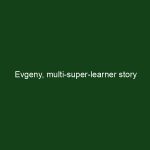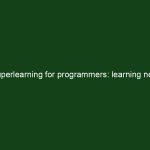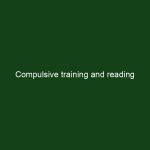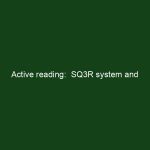Once in a while we write about doodling (or freestyle annotation) and its benefits. Students drawing in their papers where mistreated by generations of teachers. They were asked to focus, to stop fooling around and to listen to the teachers. However, the human spirit is stronger than education fashions, and student persistently doodled in school …
Continue reading “Doodling at school and at work will boost your productivity”











